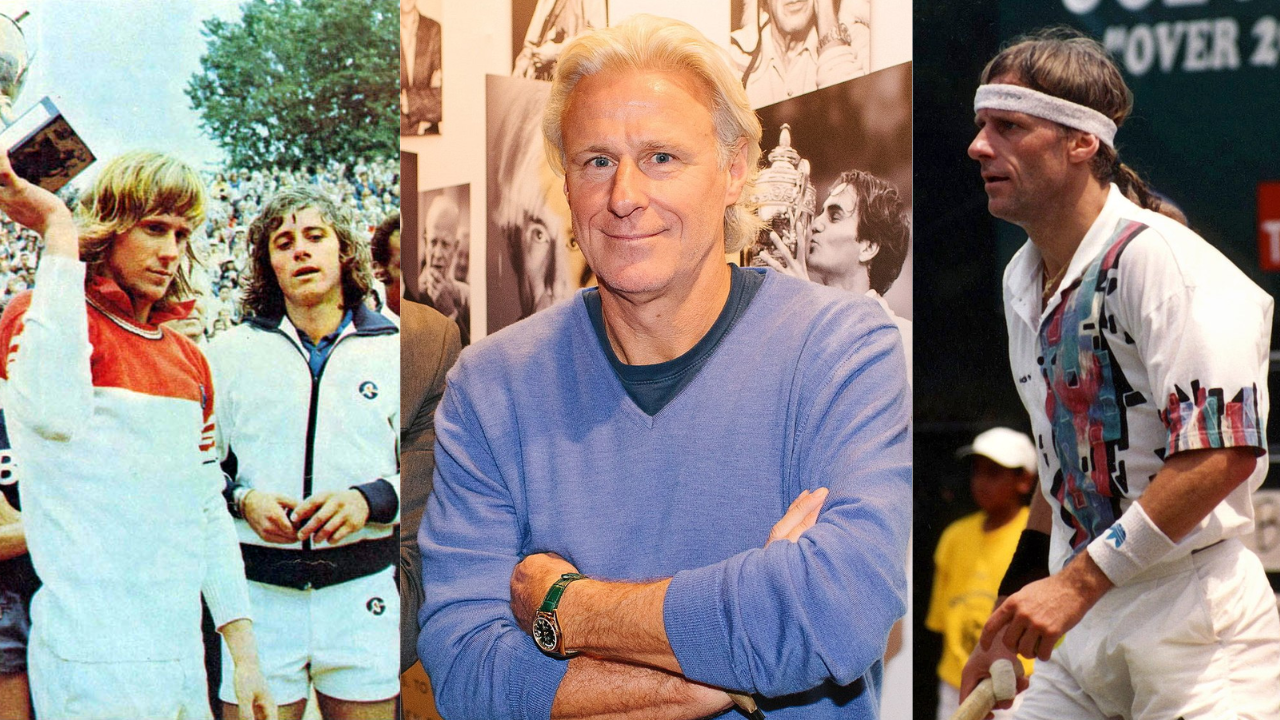Bjorn Borg Opens Up On His Struggle With Drug Overdose

Credits: Wikimedia Commons
SummaryBjörn Borg’s memoir Heartbeats reveals his struggles with drugs, panic attacks, and two overdoses after retiring at 25. The 11-time Grand Slam champion admits cocaine once gave him the same rush as tennis but left him ashamed and lost. Now sober and in cancer remission, Borg says sharing his story brings relief.
End of Article
